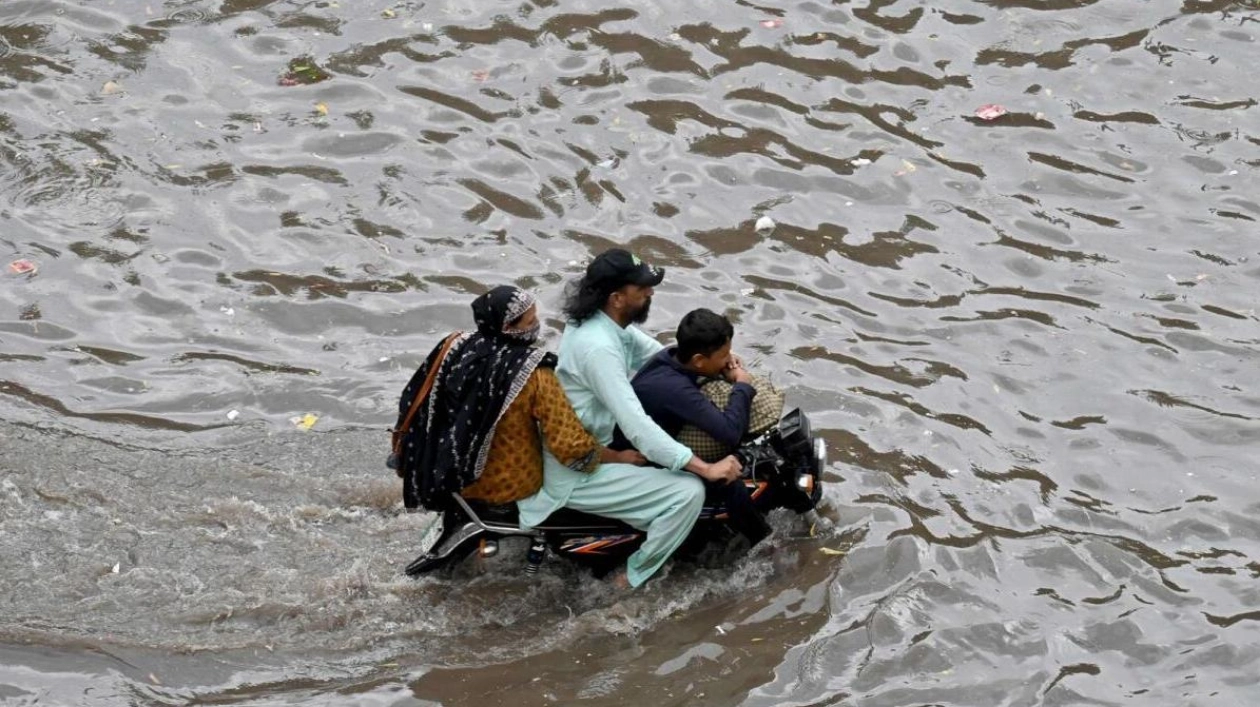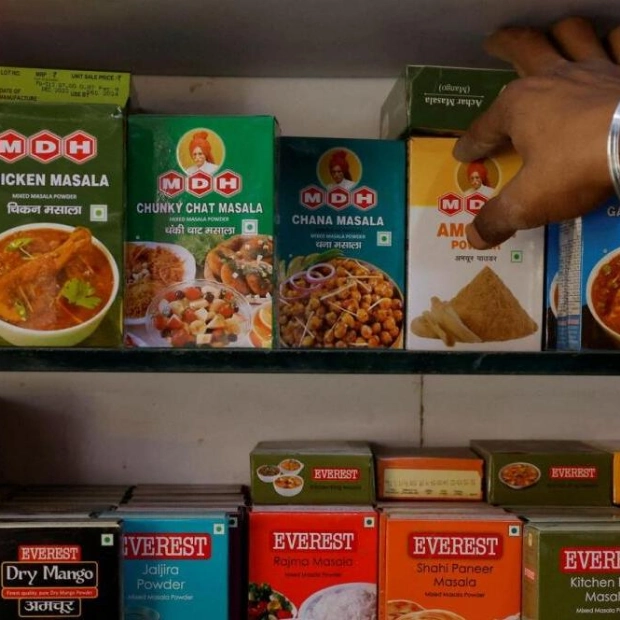Pakistan's second-largest city, Lahore, experienced unprecedented rainfall on Thursday, according to the national weather agency. The deluge led to flooded hospitals, power outages, and submerged streets in the city of 13 million. The Pakistan Meteorological Department (PMD) reported that Lahore received nearly 360 millimeters of rain in just three hours, surpassing the previous record of 332 millimeters set in July 1980. "This was record-breaking rainfall," stated Farooq Dar, the agency's deputy director, in an interview with AFP. The PMD had earlier predicted a more intense monsoon season this year, highlighting Pakistan's vulnerability to extreme weather conditions exacerbated by climate change. In the past three days, 24 people have died due to rainfall in the northwestern province of Khyber Pakhtunkhwa, according to the Provincial Disaster Management Authority. In Lahore, an additional person was electrocuted during the morning's cloudburst, as reported by local police. The city's commissioner declared a state of emergency and closed offices and schools for the day. Two government hospitals near the Indian border suffered flooding in their wards, and power outages persisted into the afternoon. Roads were also flooded, causing traffic and business disruptions. Maryam Sharif, the chief minister of Punjab province, announced on social media that "the entire government machinery is in the field" to manage the water drainage. The summer monsoon, which provides 70 to 80 percent of South Asia's annual rainfall from June to September, is crucial for agriculture. However, shifting weather patterns linked to climate change are increasingly threatening both lives and livelihoods. Earlier this year, Pakistan, with a population of 240 million, faced a series of heatwaves, and April was the wettest since 1961, resulting in at least 143 deaths from lightning strikes and other storm-related incidents. In neighboring India, at least 160 people, mostly laborers and their families, were killed by landslides caused by heavy rains in the southern state of Kerala. In 2022, a third of Pakistan was inundated by exceptional monsoon rains, displacing millions and causing an estimated $30 billion in damages, according to the World Bank.

Text: Lara Palmer
01.08.2024
Extreme Weather Conditions Exacerbated by Climate Change Impact Pakistan and Surrounding Regions





